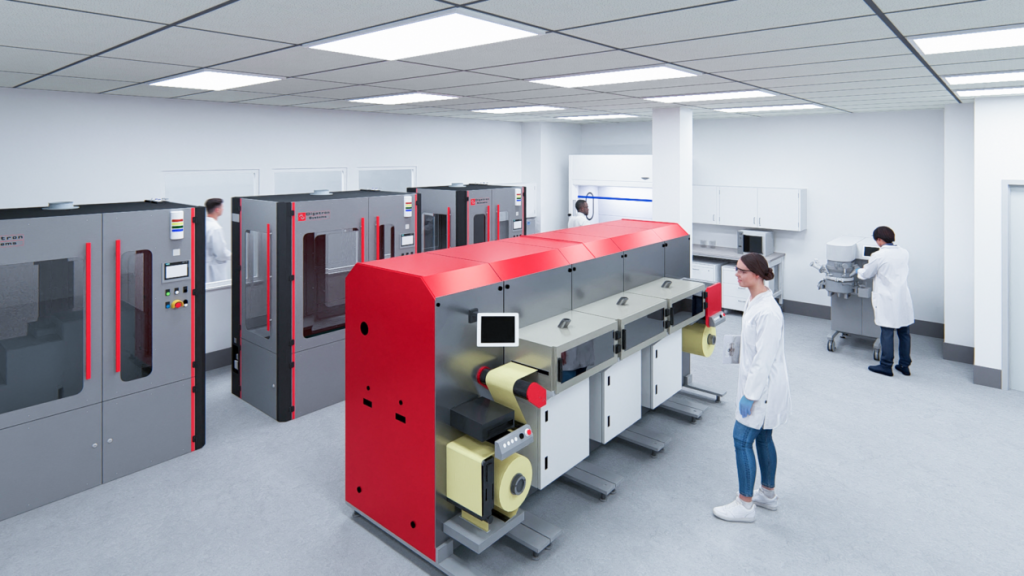The Washington Clean Energy Testbeds at the University of Washington have been supporting startups and university staff and students in their research on improving battery technology since 2017. The facility’s leaders have announced plans for an open-access lab that will allow researchers to validate their new technologies by incorporating them into custom-made pouch cell batteries. This lab will fill a critical gap in the engineering infrastructure for battery research, providing researchers the opportunity to test their solutions in a complete battery system rather than just individual components.
The new lab will feature a dry room and equipment for creating electrode slurries, coating electrodes, and assembling the batteries. These pouch cell batteries have commercial applications in electric vehicles, consumer electronics, heavy trucking, and aviation. There is a growing demand for these batteries, and the flexible design options allow for optimization for various use cases. The lab expansion, costing $7.5 million, is set to open next summer and is funded by the state’s Climate Commitment Act. However, the future of this funding may be in question if Initiative 2117 passes next month.
The Washington Clean Energy Testbeds have been utilized by 150 clean tech companies over the past seven years, including Group14 Technologies and Ecellix, two companies in Washington that have developed silicon-carbon materials for battery anodes. Group14 has raised significant funding and is building a manufacturing facility for silicon anode materials. With the growth of battery businesses, there is a need for skilled workers, prompting the UW to launch a Graduate Certificate in Battery Engineering. The certificate will include workshops at the Testbeds and be offered to students at two-year schools around Washington.
As the demand for better batteries continues to increase, the Testbeds are preparing to move to a new building called Brightwork as part of the Portage Bay Crossing initiative. While construction was scheduled to begin this year, it has not yet started. The labs at the Testbeds are designed to be easily movable, allowing them to continue their research efforts while waiting for the new building. The urgency in advancing battery technology is clear, as the field cannot afford to slow down in the face of growing demands for innovation and performance improvements in batteries.












